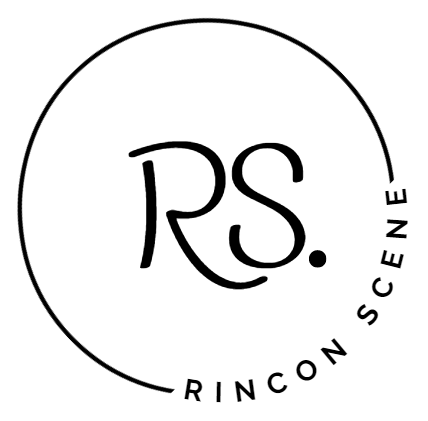As with any appliance or house fitting wear and tear can take their toll on radiators – and sooner or later it is almost inevitable that they will need to be replaced. However, unlike household goods such as furnishings radiators can present a danger to those in the home if they are not replaced – and a radiator that requires replacement may not show obvious signs that it is dangerous. Old radiators fail – and that danger is not the only result, they can also be a simple inconvenience leaving you without heating.
A closer examination of your central heating system can reveal that your radiator needs replacement. you may notice that your hot water is simply not as hot as it should be or that you simply do not have hot water – if either of those is the case it’s time to look into a new radiator.
How Often Should your Radiator be Replaced?
There is no cut and dried answer to this question, however, as a rule of thumb radiators should require replacement anywhere from between 15 and 20 years.
It is worth knowing that costly boiler replacement may not be necessary when your central heating is not functioning properly – often the problem lies with the radiators.
Purchasing new radiators brings a variety of benefits – and those benefits extend beyond the fact that you will have reliable access to the heat that allows you to enjoy a comfortable temperature in the home.
Modern radiators feature new technology that makes them far more energy efficient than older models.
The availability of the latest designs means that the homeowner now has more choice than ever before when it comes to the number of designs when compared to the limited selection of older models. However, the benefits of a new radiator also translate into significant energy savings – and that means lower heating bills. Winter heating tips also help you beat the cold and the heating bill.
Radiators are easy to ignore, they simply fade into the background, we tend to take them for granted – but they provide households with an essential service.
Because radiators are often ignored many households will end up paying far more for energy than they should or have to tolerate cold areas in the home – all because they have not considered that they might need a new radiator. And when the radiator does fail it may come as a surprise.
We tend to think that radiators will simply continue to perform faultlessly, year in and year out. But the truth of the matter is that in older homes the central heating system may not have been inspected and serviced for decades – and the result is a central heating system that is not performing as it should.
Replacing older radiators is not just a nod to the aesthetics of the home – although some of the modern radiators can contribute significantly to that aesthetic, and are well worth considering if you are undertaking renovations. New radiators can add to the value of any home.
But before you consider new radiators have a professional inspect your boiler – the capacity and capabilities of the boiler will dictate just what sort of radiators will best suit the needs of the household.
Preparing for New Radiators
While it is true that a new radiator can improve the appearance of a room there are at least two more reasons that new radiators should be considered.
Almost all properties will reap enormous benefits from new radiators. However, if you are moving into a ‘new build’ property a radiator should not be top of your list of priorities – these properties are most often supplied with modern radiators.
These modern radiators boast superior energy efficiency and effectiveness when compared to older units, however many homeowners choose to up the number of radiators in their homes when installing replacements.
This may be a great option for many homes – but care should be taken to ensure that the boiler can handle the increased workload.
If a larger radiator is to be installed then checking on the boiler capacity is also essential. These larger radiators cover a larger surface area and are therefore more efficient at heating water – but they consume more boiler capacity, replacing your boiler with a larger model may require that the boiler also be replaced.



